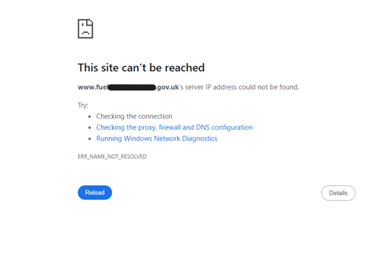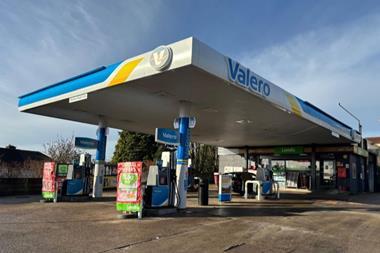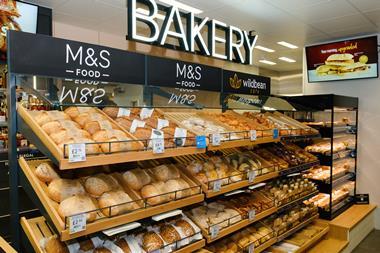A company aiming to develop technology to enable local authorities to charge drivers based on actual vehicle emissions has been awarded a £1m grant.
The grant was awarded to Tantalum Corporation by Innovate UK, the UK government’s innovation agency, to develop real-time NOx emissions estimation capability.
Tantalum Corporation, is working with Imperial College London, to perfect the technology.
“It is our belief that companies, local authorities and citizens all want to help clean up the air we breathe” said Ozgur Tohumcu, Tantalum’s CEO. “Through Tantalum’s solution and unique patents, we are within reach of this goal. Imagine your vehicle giving you routes that avoid sensitive areas such as schools while rewarding you financially for driving in a manner that saves fuel and reduces emissions. Your vehicle then automatically pays specific emissions charges based on where, when and how you drive.
“We are working with Imperial College and cities around the world to make this vision a reality. We are delighted to have been awarded the Innovate UK grant, as it confirms Tantalum’s place as the leading connected vehicle innovator and reinforces Tantalum’s vision to put our automotive and data science expertise towards improving everyone’s quality of life. We look forward to making this a reality.”
The UK government is soon to publish its new action plan to improve air quality with an expected increased number of Clean Air Zones around the country.
Tantalum says that once developed its Air.Car service will be able to help deliver the emissions reductions required in a smarter, cheaper and fairer way than some of the blunter instruments proposed.
It also says the system will help drivers to drive more efficiently to cut fuel costs and reduce CO2 and NOx emissions
Tantalum’s solution can be connected to any vehicle’s on-board computer. Combining the emissions data streams with the vehicle’s location and driver behaviour will inform drivers and public authorities of the real environmental impact of individual vehicles.
The solution will deliver a road charging scheme based on actual vehicle emissions, which it says is fairer and cheaper than the blunt instruments currently being proposed, which rely on blanket camera coverage and do not motivate better driving.
A major part of Tantalum’s Air.Car project is a 1,000-vehicle trial starting in autumn, to test and fine tune the solution. Tantalum is recruiting fleets from the public and commercial sectors as part of this trial, which will run within London and other UK cities where Clean Air Zones are to be established.
Dr Marc Stettler from the Department of Civil and Environmental Engineering at Imperial College London said: “We are very excited to be involved in the Air.Car project, as it illustrates how Imperial’s research expertise and world-class facilities can deliver practical and real-world solutions to the environmental problems facing our rapidly growing cities.”

































No comments yet